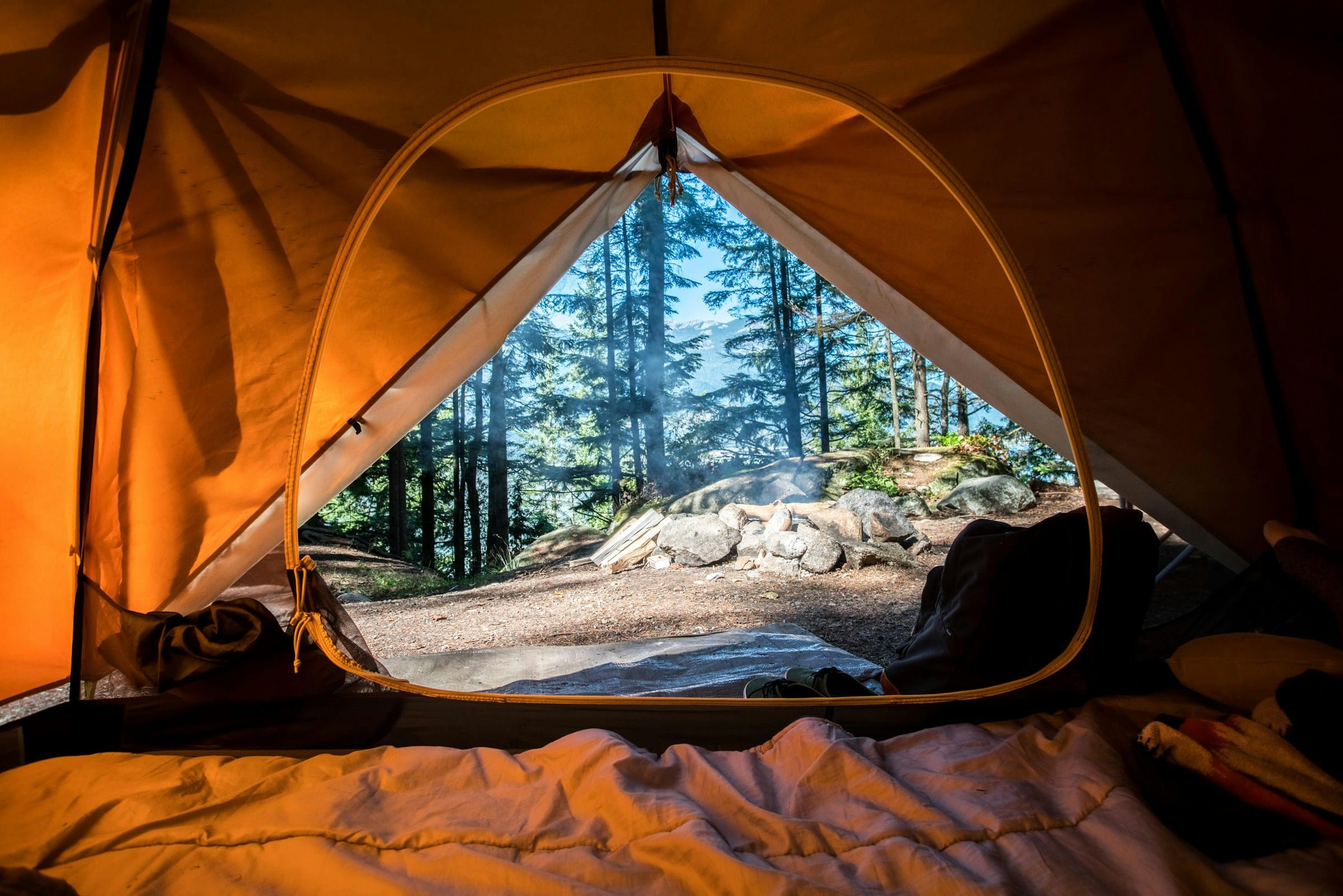As the days grow longer and the weather turns warmer, many of you are planning your next great adventure in the great outdoors. But, camping in UK woodlands requires more than just a tent and a sleeping bag. There are natural challenges you’ll face, and among them are ticks and other insects. These tiny creatures, often unnoticed, can cause significant harm, from skin irritation to serious diseases like Lyme disease, and even suspected to contribute to certain types of cancer. Understanding the risks and taking appropriate precautions can ensure that your camping trip is enjoyable and safe.
1. Understanding the Threat: Ticks and Other Insects
Before you set out on your outdoor adventure, it’s important to understand the potential dangers that lurk in the underbrush. Ticks and midges are common in UK woodlands and pose particular risks due to their potential to transmit diseases.
Dans le meme genre : What are the quietest campsites in the UK for a peaceful retreat?
Ticks, small arachnids, latch onto the skin of hosts to feed on their blood. While feeding, they can transmit bacteria and viruses that cause diseases such as Lyme disease, babesiosis, and tick-borne encephalitis. Symptoms can be severe and long-lasting, even leading to complications like neurological disorders and heart problems.
Similarly, midges, tiny flying insects, can cause uncomfortable skin reactions with their bites. They’re also known to transmit several diseases, including the Oropouche virus, although this is less common in the UK.
A lire également : How to find wheelchair-accessible facilities at campsites along the Norfolk Coast?
2. Protective Measures: Clothing and Repellents
One of the best ways to avoid insect bites is by using protective clothing and insect repellents. These preventative measures are effective and easy to implement, making them the first line of defense against ticks and other insects.
Wearing long pants, sleeves, and hats, preferably in light colors, can prevent ticks from accessing your skin. Tuck your trousers into your socks for additional protection. Light colors make it easier to spot ticks on your clothing.
As for repellents, choose products that contain DEET, picaridin, or lemon eucalyptus oil. Apply the repellent on exposed skin and clothing, making sure to follow the label instructions. Some products are not suitable for children or pregnant women, so it’s crucial to choose the right product for your needs.
3. Campsite Management: How to Avoid Attracting Insects
The place you choose to set up your camp and how you manage your camping area can significantly influence the extent of your exposure to ticks and other insects. A few tweaks to your usual camping routine can help you avoid unnecessary encounters with these pests.
Choose your campsite carefully. Avoid areas with dense vegetation, where ticks are more likely to be found. Opt for sites with a good breeze to deter flying insects like midges.
Regularly check your campsite for signs of insects, like tick nymphs or insect droppings, and take measures to keep your area clean. Food and waste can attract insects, so make sure to store food securely and dispose of waste properly.
4. Post-Trip Precautions: Checking for Ticks and Recognizing Symptoms
Even with the best precautions in place, you may still encounter ticks or other insects. Post-trip actions are just as important to ensure that if bitten, you can respond promptly and effectively.
After returning from your camping trip, thoroughly check your body and clothing for ticks. Look for new rashes or skin changes that could indicate a bite. Pay particular attention to hidden areas like your scalp, armpits, and groin. If you find a tick attached to your skin, remove it carefully with fine-tipped tweezers, avoiding squeezing the tick’s body.
Being aware of the symptoms of insect-borne diseases can also help in early detection and treatment. Symptoms like fatigue, headaches, fever, and skin rashes, particularly a bull’s-eye rash characteristic of Lyme disease, should prompt immediate medical attention.
5. Be Prepared: Knowledge is Your Best Defense
In the end, your most effective tool against ticks and other insects is your knowledge. Understanding the risks, taking preventative measures, and being prepared to deal with possible bites will ensure your camping trip is safe and enjoyable.
Before heading out, get informed about the types of insects common in the area you’ll be camping, the diseases they can transmit, and the best ways to protect yourself. Include a tick removal tool in your first-aid kit, along with information on how to use it. Keep local emergency numbers handy, and know where the closest medical facilities are, just in case.
Remember, ticks and other insects are a part of nature, and while they pose a threat, they shouldn’t deter you from enjoying the great outdoors.
6. Additional Considerations: Pets, Children, and Diseases
If you’re heading out on a camping trip with pets or children, there are a few extra precautions you should take. Pets, especially dogs, can pick up ticks from woodland areas and carry them home. Children, due to their curiosity and close proximity to the ground, are also at a higher risk of tick bites.
Use tick repellents designed for pets and regularly check your pet for ticks, especially after a walk. Make sure your children know not to touch insects, and check them for ticks at least once a day.
Certain diseases are more prevalent in specific regions. For example, Lyme disease is more commonly found in southern England and Scotland. If you’re planning a camping trip in these areas, be extra vigilant about checking for ticks and looking out for symptoms of Lyme disease.
Other diseases like tick-borne encephalitis are more common in certain parts of the UK such as the New Forest, Thetford Forest, and the Scottish Highlands. The best way to stay safe is to stay informed about the diseases common in your camping area.
7. Conclusion: Staying Safe and Enjoying the Great Outdoors
Camping in the UK woodlands is a rewarding experience, offering a chance to reconnect with nature, enjoy stunning landscapes, and make unforgettable memories. Yet, it also exposes you to risks, such as ticks and other insects.
The key to a safe and enjoyable camping trip lies in being aware and taking preventative measures. Dress appropriately, use insect repellents, manage your campsite wisely, and keep a close eye on any changes in your health as well as the health of your companions.
Remember, the goal is not to avoid the outdoors but to be prepared so you can enjoy your adventure to the fullest. Stay informed, stay alert, and most importantly, stay safe. Your journey into the UK woodlands awaits!











